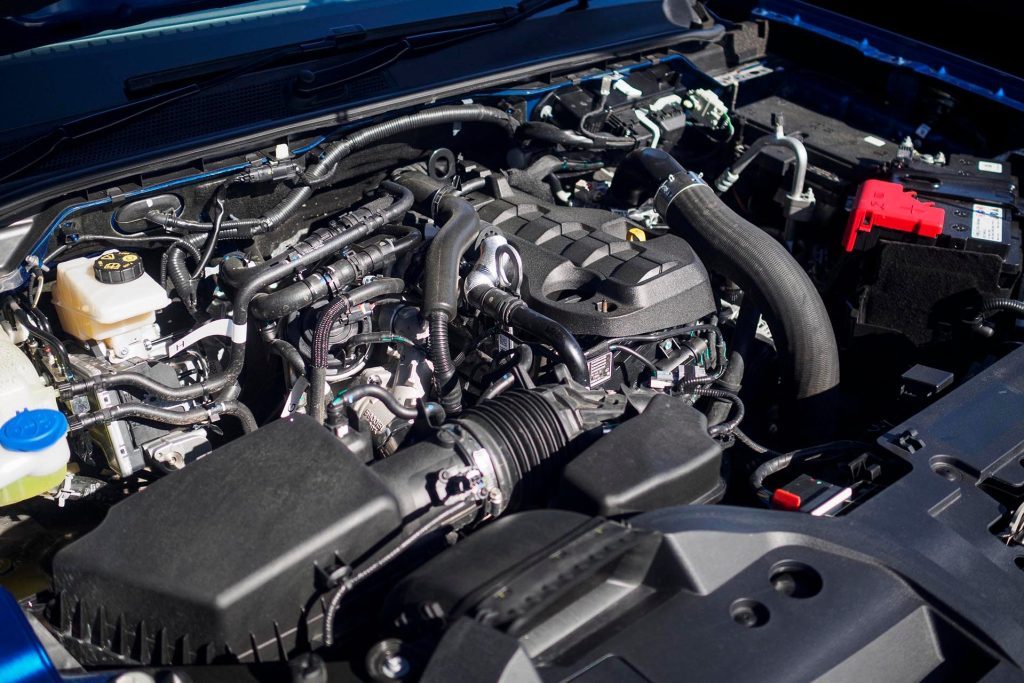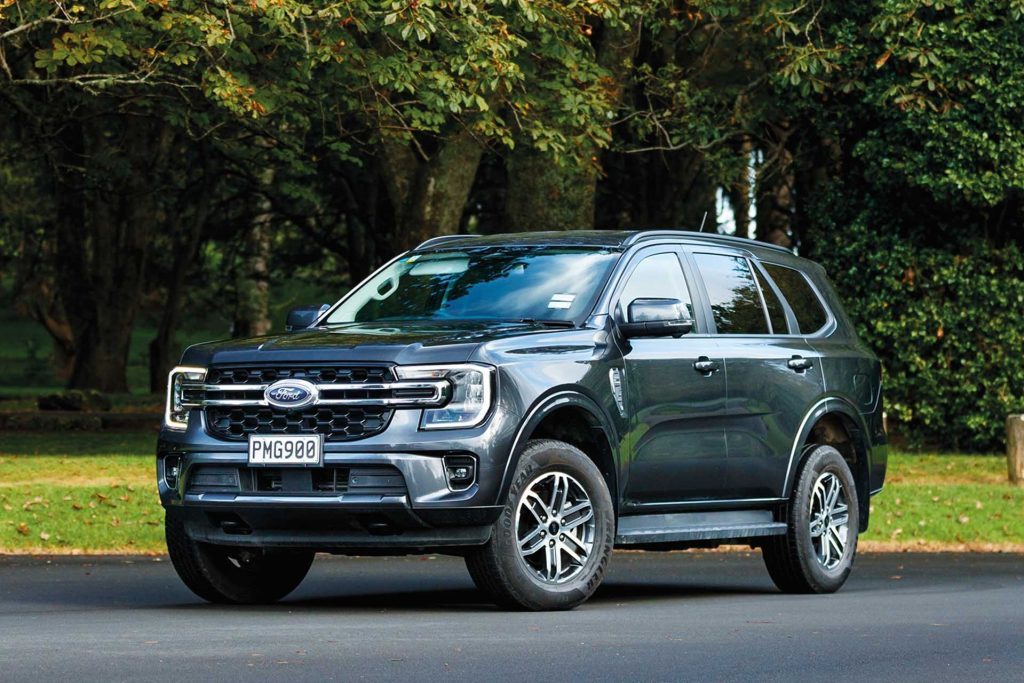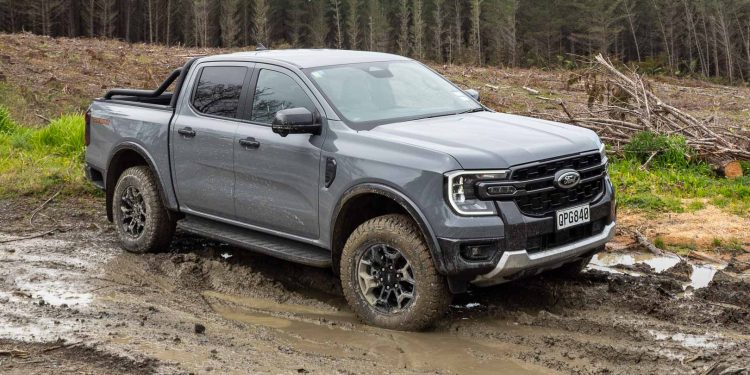Ford Ranger and Everest models lose bi-turbo diesel engine
Ford New Zealand has announced the popular 2.0-litre bi-turbo diesel four-cylinder engine will no longer be available in the Ranger and Everest line-ups.
In a move that’s said to “optimise” Ford’s local ute and SUV offerings, the bi-turbo will be dropped in favour of a 2.0-litre single turbo diesel engine.

“By focusing on the newly updated 2.0L turbo diesel and expanding the availability of our popular 3.0L V6, we’re giving customers more access to the power, torque, and refinement they love, whether they’re on the job site or heading out for a weekend adventure,” said Mathew Slade, Marketing Director, Ford New Zealand.
Though emission restrictions aren’t spoken of in Ford’s release, it’s likely they were a factor in this decision. High-output diesel engines such as this bi-turbo unit are significantly affected by the impending Euro 7 emission regulations, and re-engineering to meet these is a costly exercise.
Another factor not spoken about in the release are the concerns surrounding the current 2.0-litre’s (both single and bi-turbo) “wet belt” timing system. Rather than using a traditional timing chain, these engines make use of an oil-covered rubber belt, which reduces friction and runs more quietly. Concerns on a global scale regarding this system’s long-term durability have arisen in recent years.

Speaking of this new 2.0-litre turbo diesel engine, the release notes how it has “been upgraded with a new fuel injection system and timing chain for improved durability and performance.”
Alongside introducing this updated 2.0-litre engine, Ford also mentioned the 3.0-litre turbo diesel V6 will be offered across a wider range of vehicles.
The Ranger Raptor retains its 3.0-litre turbocharged petrol V6, and the same goes for the Ranger PHEV with its 2.3-litre turbocharged petrol engine and 75kW electric motor.
Deliveries of these updated Ranger and Everest models are set to kick off in the first half of 2026.





